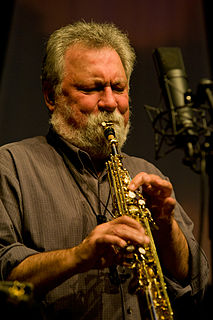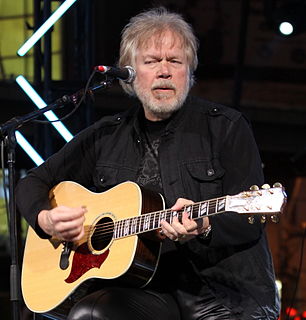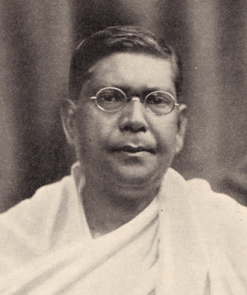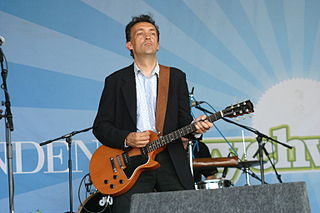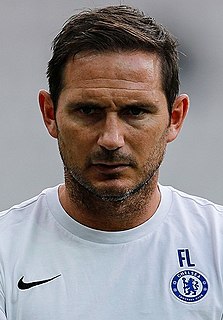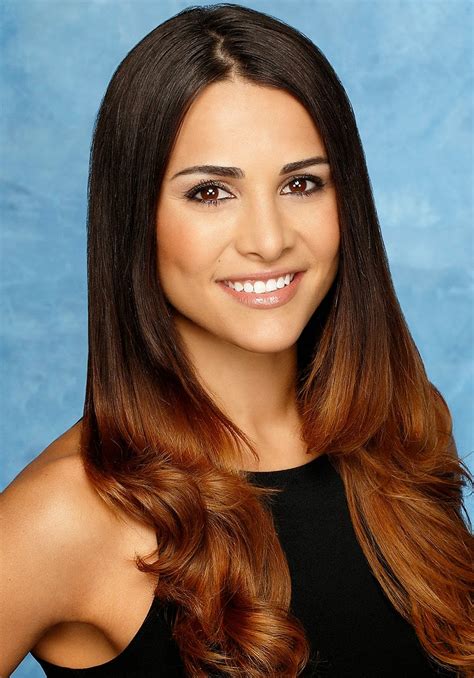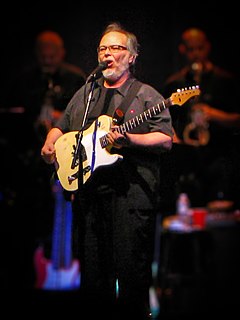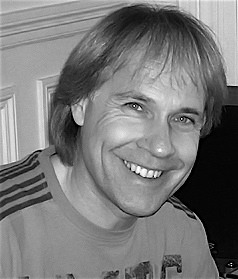A Quote by Evan Parker
Actually John, Paul Rutherford, and Trevor Watts, and several other rather well known English jazz musicians had got their training by joining the Air Force, which was a pretty standard way for people to get some kind of musical education in those days.
Related Quotes
In the days of Ram Mohan Roy when English education was introduced in this country, the Mahomedans did not accept it... They did not accept English education and at the same time they were divorced from the culture which their fathers had advanced. The result was that whereas the Hindus got on in life, got into government employment, got many things which people value in life, the Mahomedans were left without it and gradually there came to be a sort of estrangement between the two nationalities at the time of the Swadeshi movement.
I met Gary (Burton) at the Wichita Jazz Festival when I was 18 -- he was one of my favorite musicians and I got to play a few tunes with him there. Shortly after that, I joined his band, which was the equivalent of joining the Beatles for me! He was, and still is, one of the greatest musicians I have ever been lucky enough to be around.
In some ways, jazz is the most precise of art forms and the loosest in the sense that it's all about improvisation, but the musicianship required is kind of insane. To actually play with real jazz musicians is a different level of musicianship that almost has no equal in any other form of music in the world.
A respectable-sized audience hasn't really been able to follow developments in jazz since the free jazz movement in the '60s. Some of them can't even get with John Coltrane. Audiences are diminishing more and more rapidly. Some of the top young musicians with something new to say can't get record companies to put out their stuff.
Malcolm Bradbury made the point, and I don't know whether it's a valid one or not, that the real English at the moment is not the English spoken in England or in America or even in Canada or Australia or New Zealand. The real English is the English which is a second language, so that it's rather like Latin in the days of the Roman Empire when people had their own languages, but had Latin in order to communicate.
I visited New York in '63, intending to move there, but I noticed that what I valued about jazz was being discarded. I ran into `out-to-lunch' free jazz, and the notion that groove was old-fashioned. All around the United States, I could see jazz becoming linear, a horn-player's world. It made me realize that we were not jazz musicians; we were territory musicians in love with all forms of African-American music. All of the musicians I loved were territory musicians, deeply into blues and gospel as well as jazz.
When I was 14-15 years old I was able to earn a little money from time to time but I'm not complaining since, very soon I could provide a normal living. I was discovered also by other musicians and they asked me to work with them. Even in my early age several well-known artists asked for my services both on the stage and in the studio. This experience proved to be very useful, musicians showed me various musical situations and various music experiments.
